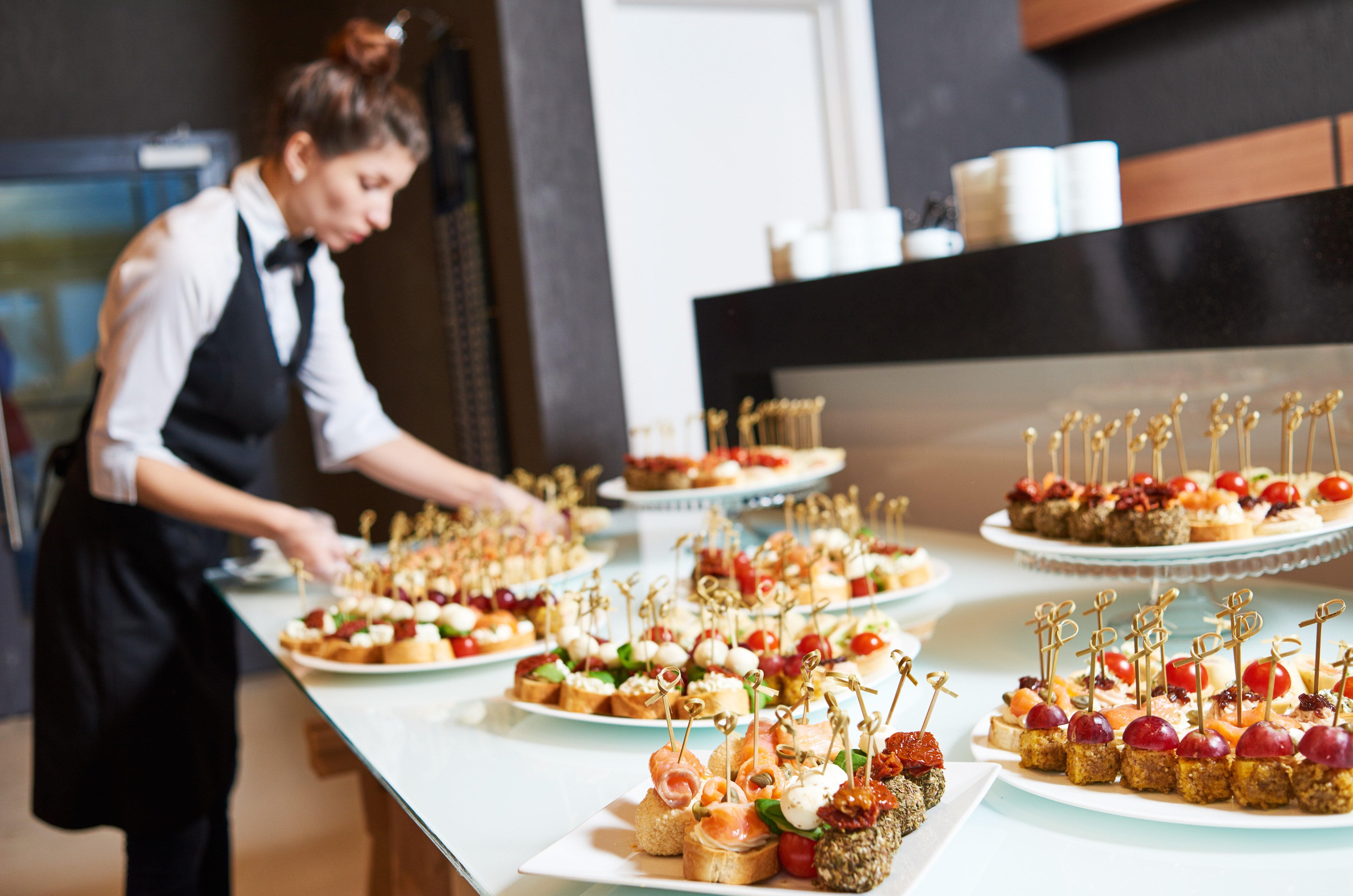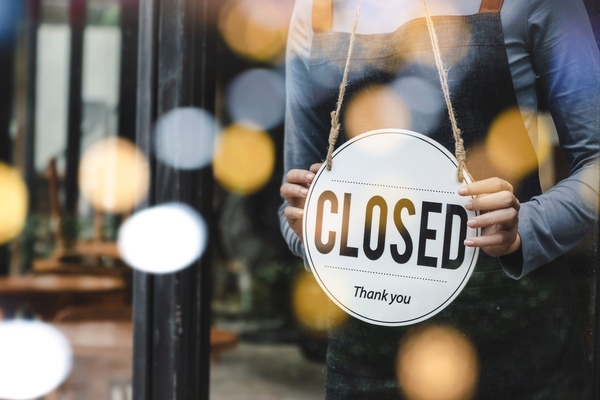A summer holiday travel season unlike anything in recent history
By Sibylle Luger, Area Vice President, Account Management, IDeaS
As the world’s vaccination rate rises steadily, it’s only natural for the travelling public to act on its desire to hit the road once more – in a more literal sense than one might expect. Though Covid’s travel restrictions resulted in significant pent-up demand, a majority of travellers are continuing to drive to destinations, with vehicle travel surpassing pre-pandemic levels in some regions. As we enter the summer holiday season of 2021, US and European leisure travel remains domestic-based and locations within driving distance continue to be prioritised.
In some ways, these patterns resemble summer holiday travel of the 1950s more than anything seen by the industry in recent years. Common summer destinations will include beaches, large outdoor metropolitan areas and holiday parks, as usual, but prioritising local or driving-distance destinations and longer stays more than before.
Closer to home
The reasons for this shift are myriad. For one, even though we are entering a post-vaccine world, the economic impact of Covid remains far-reaching, and recovery for the bulk of the travelling public will take some time to materialise. Secondly, even though Europe recently announced plans to reopen to American travellers, flight schedules continue to remain unpredictable due to the lack of traffic between the two destinations. Travellers can expect some turbulence in the booking process until the industry is back up to speed.
Since travellers are favouring short-range trips, a traditional stay experience often won’t do. People are seeking more alternative accommodation to add some variety to their experience. These can include campsites, caravans, cottages, boutique retreats and short-term rentals, demand for which has skyrocketed in recent months. One mobile home company, Outdoorsy, grew 145% in 2021 thanks to a boom in recreational vehicle rentals, speaking to consumers’ desire to travel locally throughout 2021.
European travellers are being cautioned to make bookings with favourable cancellation policies due to uncertainty around entry requirements for different countries, which will gradually be made clear throughout the summer. The easiest way around this, according to the experts, is to limit travel plans to one country or region within a country for the duration of the summer. Some suggestions include hiking or cycling trips, but the local emphasis remains the same.
This boils down to experiential travel’s return but scaled back for motorway excursions. Boutique hotels benefit from their ability to stand out in environments such as these, and other properties can latch on to these advantages by emphasising their ties to the community and the attributes that make them unique. It may be easier to pitch your business to guests who are more familiar with your locale or property, compared to winning over travellers from hundreds or thousands of miles away. It is up to each operator to seize on the most prominent aspects of their property in order to attract attention in such a market.
New rules
As the geography behind bookings shortens, the length of each stay continues to increase. Occupancy may be on the rise, but if hotels continue to struggle to raise rates, guests will be willing to invest in longer stays. This trend has also been influenced by growing flexibility in work and school schedules, providing support for both families and digital nomads willing to “work from vacation.”
Fortunately, there is no shortage of ways for hotels to capitalise on these developments. As vaccination rates increase, operators may see a renewed interest in food and beverage, particularly if area restrictions remain in place for restaurants outside of the hotel. This presents an opportunity for hotels to relaunch F&B with some fanfare, but it also bodes well for other hotel amenities and services, such as spa, retail, and even meetings and events.

Finding the best time to reactivate these services is the next great challenge facing hospitality. Hotels with the ability to properly forecast demand, analyse vast amounts of data, define their comp set and quickly react to positive changes will have an advantage in a recovering market. Since full economic recovery is still a long way away, hotels must be prepared to tap into every resource at their disposal to maximise their potential as booking pace rises.
The desire to travel is rebounding across the international community, with a recent survey finding 42% of global respondents plan to travel this year. Hotels are anticipating a surge of activity, evidenced by strong construction pipelines across both the US and Europe. With international travel still experiencing a “rain delay,” there is no better time for hotels to reintroduce themselves to local travellers and re-promote their offerings, harkening back to a bygone era of holidaymakers.
This article is supplied by IDeaS, a SAS company, the world’s leading provider of revenue management software and services. With over 30 years of expertise, IDeaS delivers revenue science to more than 15,000 clients in 143 countries. Combining industry knowledge with innovative, data-analytics technology, IDeaS creates sophisticated yet simple ways to empower revenue leaders with precise, automated decisions they can trust. Results delivered. Revenue transformed. Discover greater profitability at ideas.com
About the author

Sibylle Luger leads a team of passionate industry experts to develop, nurture, and grow IDeaS’ client relationships. Having spent her entire career in hospitality, she loves to interact with people, uncovering what really matters to develop strong, lasting relationships – while keeping things in perspective. Sibylle joined IDeaS in 2007 after wearing many hotel hats from housekeeping to F&B and revenue management. She’s lived in nine countries across Europe and the Americas.















